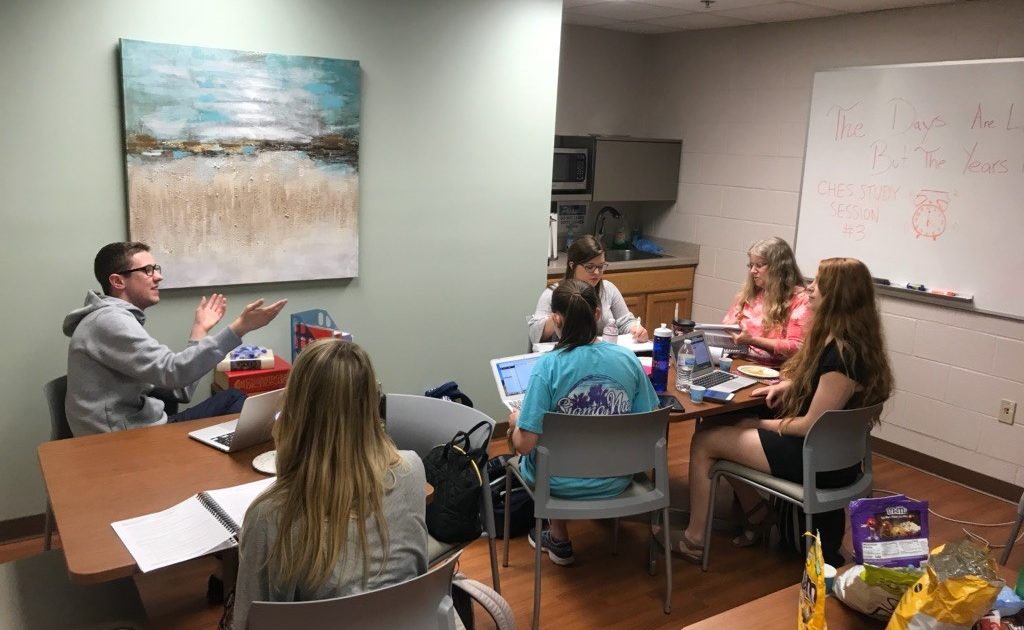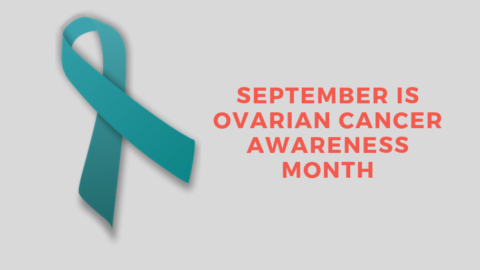Tyler G. James, MS, CHES® is a SOPHE Collegiate Champion and second-year doctoral student in the Department of Health Education and Behavior at the University of Florida (UF). His professional and research interests focus on Deaf and Hard of Hearing health disparities and healthcare service delivery and utilization.

Preparing for the CHES Exam.
The Code of Ethics of the Health Education Profession and the National Commission for Health Education Credentialing outlines responsibilities that health education specialists have to the public, employers, and the profession. As a PhD student in health education, with a MS in health education and behavior and a CHES, I feel a sense of responsibility in promoting the profession and working with future health education specialists during their journey of becoming CHES certified and working in the field. Yet, as a student still preparing for the profession, it can be difficult to balance the responsibility to help in the successful preparation of future health educators.
Every spring, the University of Florida’s Department of Health Education and Behavior Advising Office hosts CHES study sessions in collaboration with the Alpha Lambda Chapter of Eta Sigma Gamma. Historically, these study sessions have not been formally facilitated; students come to the session with their study materials and have the opportunity to work with their peers on more difficult concepts.
This past year, undergraduate and masters students displayed an interest in attending a facilitated session, with a focus on program planning and evaluation. Having a major professional interest in program evaluation, recently receiving my CHES credential after the 2017 SOPHE Advocacy Summit, and feeling called to serve the field, I reached out to the Advising Office to see if I could facilitate a session.
On Wednesday, April 15, 2018, I met with five students for a two-hour long study session. We started the session discussing some basic exam preparation tips. The most important: use NCHEC’s The Health Education Specialist: A Companion Guide for Professional Excellence, 7th ed. In the past 8 years, I have taken four standardized exams and used study guides for each. The NCHEC study guide is the best study guide that I have ever used and overlaps perfectly with the content covered on the examination.
“Co-hosting this event provided an avenue for me to share the experience and knowledge I’ve gained in my own professional preparation with future health education specialists.”
After discussing some general tips on the exam, we dove into common concepts related to evaluation and program planning including evaluability assessments, logic models, and the use of theory. The session was facilitated in a question-and-answer style: I would pose a question, attendees would answer, then we would discuss it further if necessary. Attendees were also encouraged to ask any questions they had regarding the content.
This opportunity was meaningful to both me and the student attendees. I was able to capitalize on and share my knowledge while fulfilling a sense of responsibility of assisting students in their professional preparation. Students left feeling more prepared for the CHES exam. The Advising Office was happy with the student attendance and the overall comments that the session was beneficial.
*Application information for the Collegiate Champion program for the next academic year will be announced Summer 2018 and open to SOPHE Student members.


